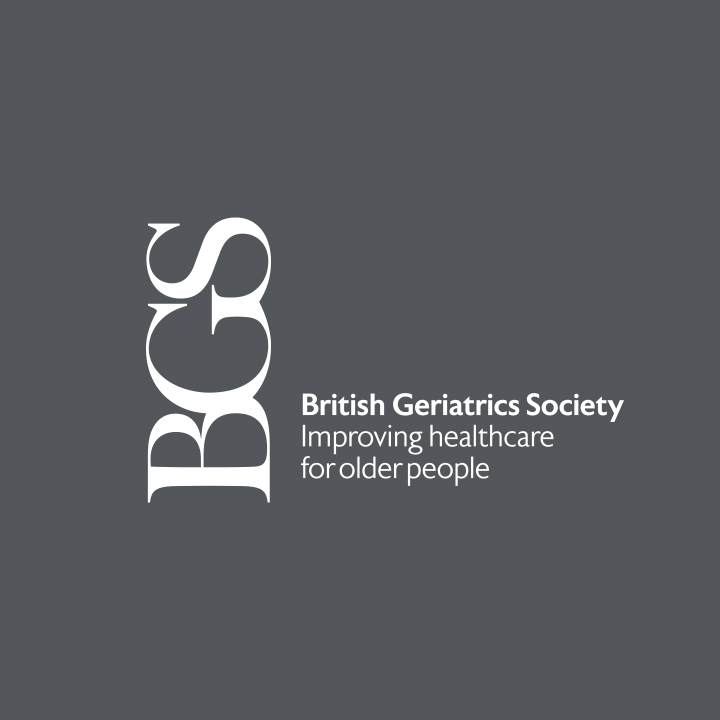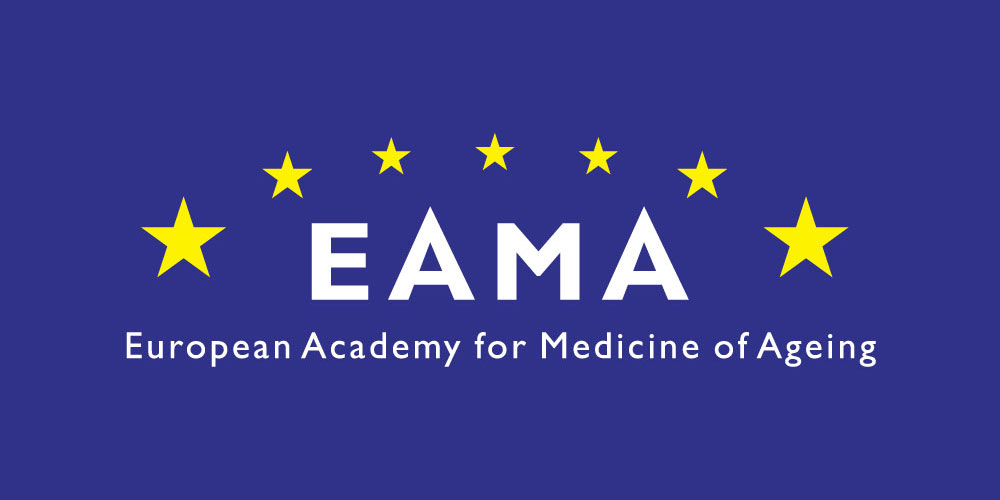Dr Natalie Cox is a NIHR Academic Clinical Lecturer in Geriatric Medicine and Honorary Specialty Registrar in Geriatric and General Internal Medicine. She completed her PhD at Southampton Biomedical Research Centre.
The past two years have seen Dr Rebecca Winter and I attend the European Academy for Medicine of Ageing (EAMA), with our last session approaching in June. EAMA is an advanced postgraduate course in Geriatric Medicine comprising 4 one-week residentials across Europe (we have had the privilege of travelling to Milan in Italy, Avila in Spain, Athens in Greece and will soon be off to Zeist in The Netherlands).
This year marks EAMA's 30th anniversary. Over that time the course has aimed to improve knowledge and skills in Geriatric Medicine and leadership, establishing European-wide networks of geriatricians to drive forward research, education, and delivery of best practice for older people.
I first heard about EAMA from colleagues attending previous cohorts. They spoke highly of its impact on their professional development and the continued connections after the course had ended. I was particularly keen to apply for the opportunity to deepen my understanding of how healthcare for older people is delivered across Europe and build meaningful networks with others who share my research interests. This led me to apply for the BGS course funding, and I was thrilled when I found out I had been successful.
The course has been a truly unique and unforgettable experience, and I am incredibly grateful to the BGS for supporting me to attend. It has surpassed all expectations. EAMA stands apart by offering not only cutting-edge lectures from leading experts and hands-on opportunities to develop and deliver teaching, but also immersive leadership experiences—where you collaborate as a team to design, negotiate, and present a compelling business case. But it is the inspiring and personal connections you make with fellow EAMA members that are truly unique, both in numerous course discussions learning from one another, but also over a glass of something in the evening. It has certainly widened and shaped my view on what it means to be a geriatrician and to deliver best practice for older people.
Others often state that the EAMA sessions are only the beginning; I can certainly see that. It has provided me with incredible personal and professional development but also the chance to work with international colleagues in the future: not only to drive research and education forward, but also to continue to share and learn from one another’s experiences. EAMA is a one-of-a-kind opportunity to build skills and networks that last a lifetime - I cannot recommend it enough and would encourage anyone who is interested to apply for the BGS funding to attend.
Funding applications for the EAMA 2026-2028 course are currently open. The deadline is 26 June 2025.


